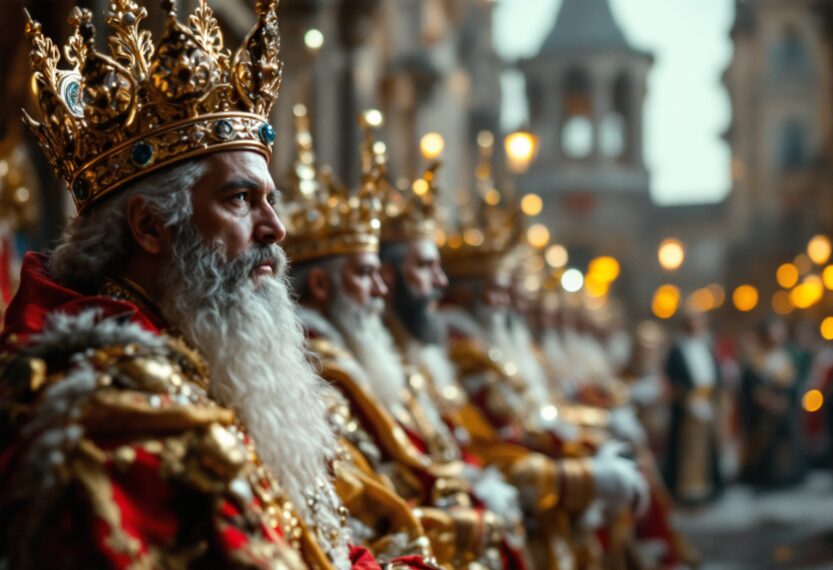In May 2023, the United Kingdom witnessed a historic event as King Charles III and Queen Camilla were crowned in a grand ceremony that captivated the nation. The coronation, steeped in tradition, was accompanied by a ceremonial parade and a series of celebrations that spanned several days. However, the financial ramifications of this royal event have sparked considerable debate, particularly in light of the ongoing economic challenges facing the country.
Understanding the costs associated with the coronation
The UK government recently disclosed that the festivities surrounding the coronation incurred a staggering cost of £72 million (approximately $91 million). This figure has raised eyebrows, especially as the nation grapples with economic difficulties. The Department for Culture, Media and Sport (DCMS) revealed in its annual report that out of its £7.9 billion budget, around £50 million was allocated specifically for the coronation weekend. Additionally, the Home Office contributed £22 million for security and policing during the events.
The expenses covered a range of activities, including the ceremony at Westminster Abbey, a concert at Windsor Castle featuring renowned artists like Lionel Richie and Katy Perry, and community events such as the Big Coronation Lunches. These initiatives aimed to foster a sense of unity and celebration among the British populace.
Public funding and royal expenditures
Funding for the coronation also came from the Sovereign Grant, which is public money allocated to the royal family in exchange for their official duties. The Crown Estate reported spending £1.4 million over two fiscal years on the coronation weekend, further illustrating the financial scale of the event. Despite initial intentions for a more modest celebration, the coronation evolved into a nationwide spectacle, culminating in an extra bank holiday announced by then-Prime Minister Rishi Sunak.
The DCMS justified the substantial expenditure by emphasizing the coronation’s potential to enhance national identity and showcase the UK on a global stage. The event reportedly generated over 100,000 news stories and reached an estimated audience of 2 billion people across 125 countries, highlighting its international significance.
Public sentiment and criticism
Despite the celebratory atmosphere, not everyone is convinced that the costs were justified. Graham Smith, CEO of the anti-monarchy group Republic, expressed skepticism regarding the reported expenses, suggesting that the true financial burden on taxpayers was likely much higher. He criticized the allocation of such a significant sum for a single event, especially in a time when essential services are facing budget cuts.
This sentiment reflects a broader discourse on the monarchy’s role and the financial implications of royal events in contemporary society. As the nation continues to navigate economic challenges, the coronation serves as a focal point for discussions about public spending and the monarchy’s relevance in modern Britain.




